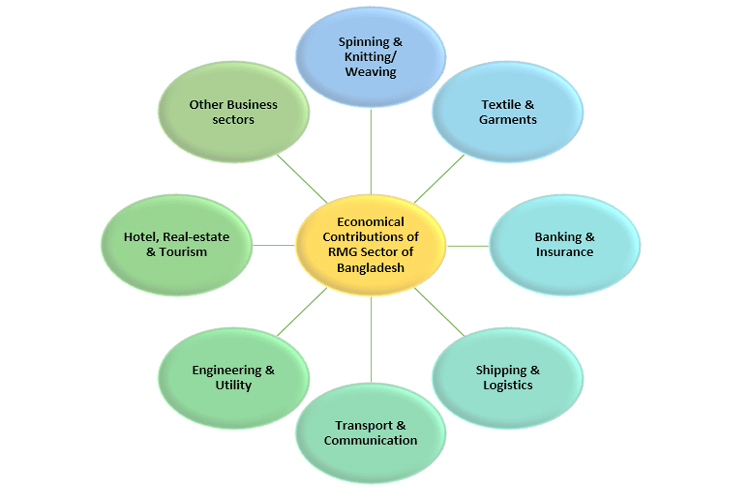Foreign Investment Climate in Bangladesh
Foreign Investment Climate in Bangladesh Compiled from the Speech of a Former Director, FBCCI Bangladesh has liberalized its economy in keeping with the global trend. As an underdeveloped country she has to increase her production capacity rapidly to prepare…
Read More



 by
by